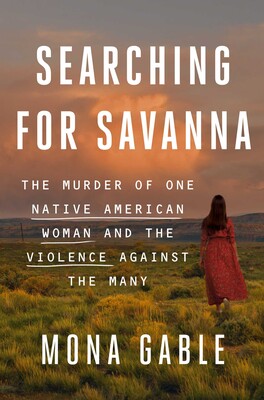While working diligently toward her doctorate, Black Bear got a history-changing call from her friend Faith Spotted Eagle, the president of a new grassroots effort on the reservation to keep women and children safe. Called the White Buffalo Calf Women’s Society, it was grounded in Lakota teachings, particularly a centuries-old belief that, as the saying goes, “even in thought, women are to be respected.”
Spotted Eagle told her friend that after decades of silence, the U.S. Commission on Civil Rights was finally holding a two-day symposium on the issue of domestic violence. Though the January 1978 hearings would primarily feature testimony from white women, Spotted Eagle had a big favor to ask: Would Black Bear go to D.C. to represent the society and Native victims more broadly? Well understanding the weight of this responsibility, Black Bear said yes.
Then in her early 30s, Black Bear was soft-spoken, unassuming and deceptively tenacious. At the civil rights hearings, she testified about the frequency of domestic violence in Indian Country. She described the poverty on Rosebud and the basic resources women there lacked in the face of domestic violence—counseling, health care, housing assistance, education, child care. “Distance is an important factor at the time of crisis, the need to get away from your spouse or from whoever the abuser [is],” Black Bear said. “This is hard to do in a small rural community where everybody knows you. … It is difficult to try to terminate [a] relationship because you get thrown in together at meetings, picnics, whatever type of social activities there are.”
In retrospect, the hearings were a landmark moment in the nascent movement against domestic violence. Never before had so many domestic violence advocates and survivors gathered from across the country to share their experiences. Never had women from so many backgrounds spoken so publicly and truthfully about the rapes and beatings they were enduring at the hands of their husbands, boyfriends and partners—an issue that had long been considered private rather than a social crisis that needed government intervention.
